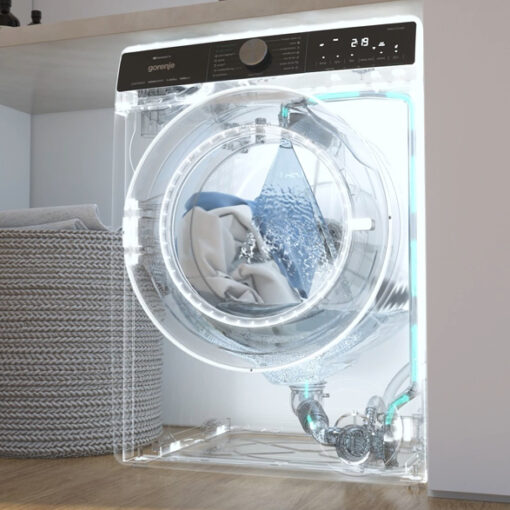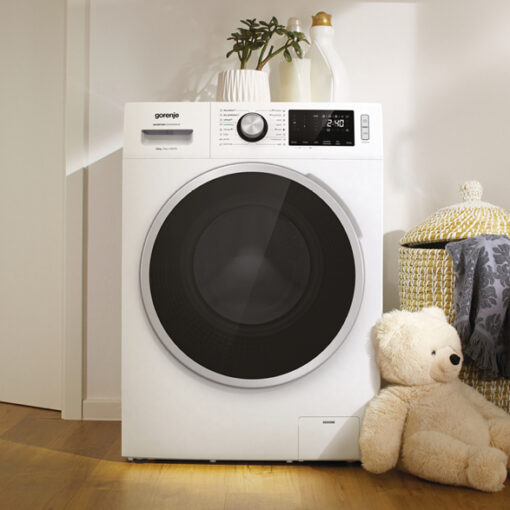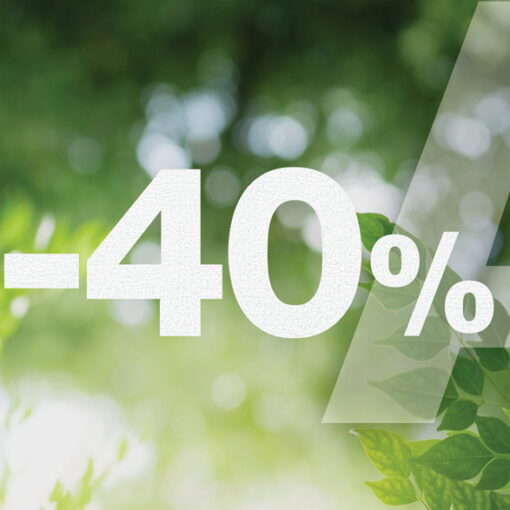Common Laundry Mistakes: Don’t Over Do It With The Detergent.
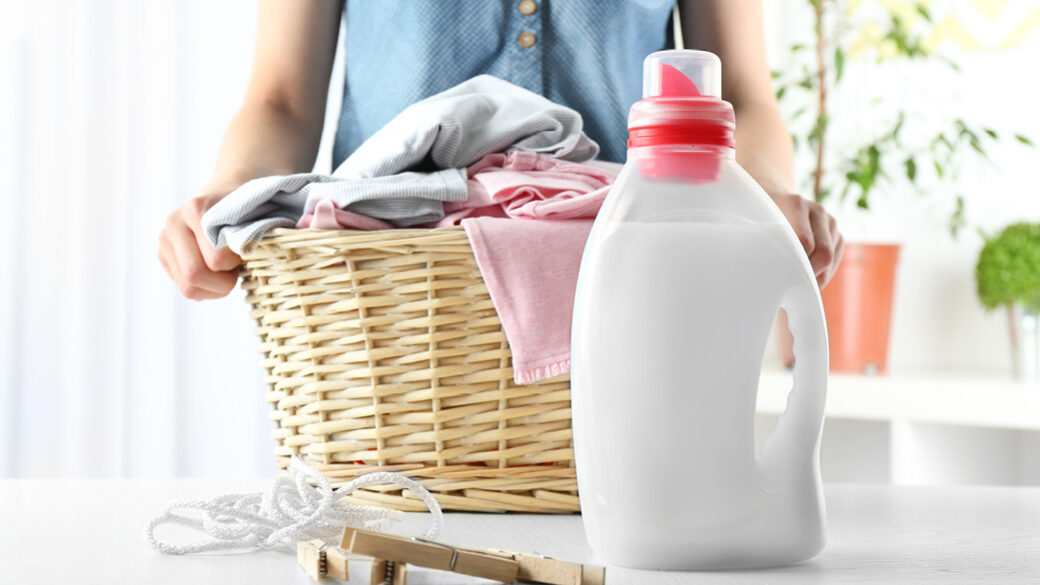
No matter how dirty, smelly, and/or stained your clothes or other items are, pouring more detergent into your washing machine isn’t necessarily a good choice. On the opposite, it often backfires.
More isn’t always better although this is a common conclusion in the consumer-oriented society. When dealing with dirty laundry, especially some stubborn stains, one is tempted to use larger quantities of washing powder or washing machine detergent, often too much. This is one of the most common mistakes: overloading on detergent most likely won’t result in squeaky clean garb, actually quite the opposite, you will end up with stained clothes, left behind odors, and excess residue.
Using too much detergent can actually create more problems. Some of the most common ones are stains or residue on clothes, weird odors in the washing machine (from trapped excess residue), and wetter clothes as the excess detergent causes the load not to drain properly. And these are just the issues you will have with the laundry.
Killing it softly
Overloading with detergent also shortens the lifespan of the washing machine as it causes increased wear and tear on the washing machine’s pump and motor. The suds act like a brake of the drum, requiring more energy to wash clothes. You can notice the extra effort of the washing machine when it automatically adds extra rinses and pauses to break down excess suds. This way the washing machine won’t just consume extra electricity it will also break down prematurely.
Taking bacteria into account
Clean laundry already has a lot of bacteria, but detergent overload seems to only make things worse. Many detergents have enzymes that break up protein stains to make it easier for cleaning agents to remove them. But having too many enzymes in the washing machine will lead to more residue where bacteria can form and prosper – letting you know it is there with smelly odors coming out of your washing machine.
This is how you can wash laundry as economically and environmentally friendly as possible.
Many times even low temperatures will do the job
One can achieve the biggest savings when washing laundry at a lower temperature than usual. When the laundry is not very dirty, you can lower the temperature to 30˚C instead of 40˚C or 60˚C instead of 90˚C. This way you can save as much as 40% of energy, resulting in a lower electricity bill. Depending on your electricity provider, additional savings can be achieved by doing the laundry when the electricity is cheaper (in the evening, during the night, or on weekends).
Doing the laundry in the environmentally friendly way
In addition to the fact that washing machines consume a lot of energy and water, washing powders and fabric softeners are not the most environmentally friendly solutions. To wash more economically and environmentally friendly, try to follow these tips, which will not cause the cleanliness of your clothes to suffer:
- Wash clothes when they are really dirty or when they stink. Don’t wash T-shirts or pants you’ve only worn for an hour or two.
- Avoid pre-washing, as this will deliver savings of water and electricity. Only truly dirty laundry needs pre-washing, but you can also solve this by washing dirty clothes manually before putting them in the washing machine.
- Replace an older washing machine with a new, energy-saving one; a twenty-year-old washing machine on average uses 2.5 times more electricity.
- The amount of laundry used to fill the washing machine is also important: an overfilled machine prevents efficient spinning, while an under-loaded machine consumes more water and energy per kilogram of laundry.
- If possible, run the washing machine during the lower electricity tariff.
Do you want to go the extra mile? Use organic laundry detergents and fabric softeners (the ones that do not contain as many ingredients derived from oil) – if you cannot find them in local stores, you can also make them yourself at home.
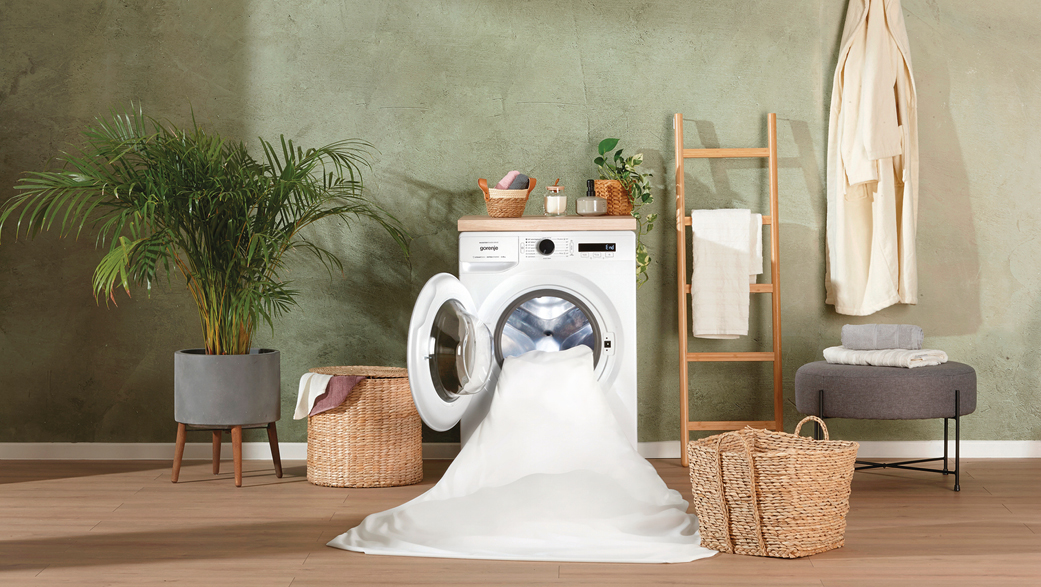
Choose the correct washing machine for your needs
Take a look at our newest Gorenje WaveActive washing machine models with special features such as FastWashing, AntiCrease and EntrySteam. Created to make washing better and easier for you. We recommend:
Drying is also important
Organic washing also requires economical and economical drying of clothes, preferably in the sun and wind. However, especially on winter days, this is next to impossible. Therefore, the next time you buy a washing machine or a dryer, be especially careful to buy one from a low energy class of at least B or C.
Life is complex. Let's make laundry simple.
Gorenje WaveActive washing machines are made to get the dirty work done in an effective, easy-to-handle and eco-friendly manner. WaveActive washing features include cutting-edge cleaning technologies:- Uniquely designed drum with special wave-shaped 3D ribs for the softest garments treatment
- IonTech using the power of ions, thus ensuring optimum washing results
- SteamTech effectively rehydrating and breaking down the dirt



